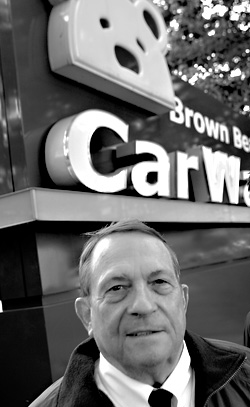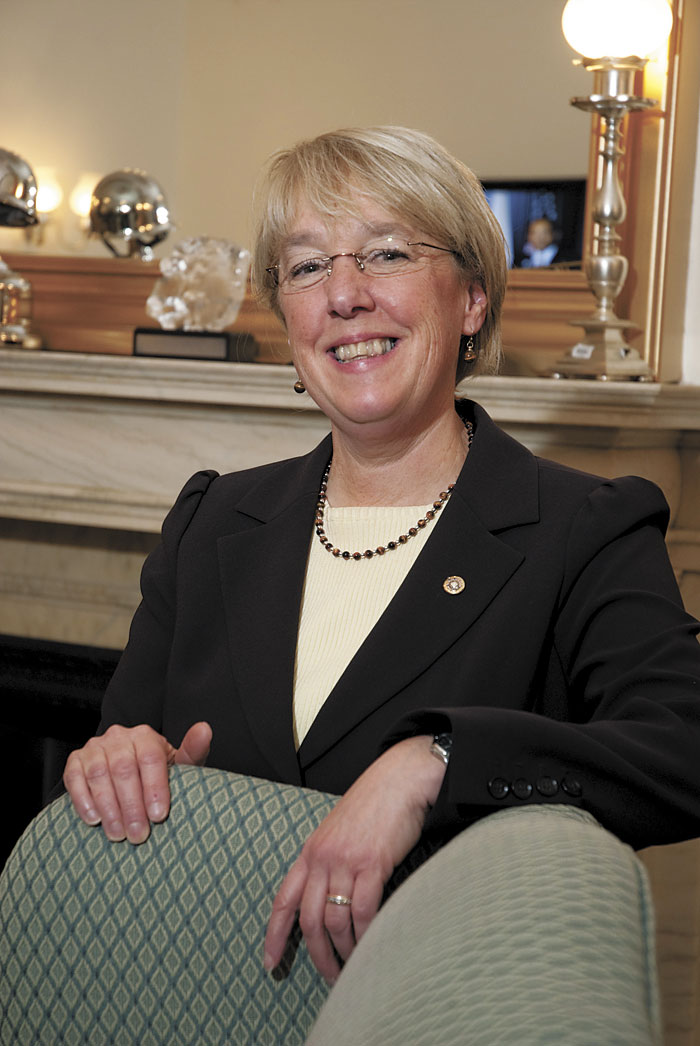The list of the top 20 contributors to last year’s City Council candidates is mostly made up of the usual suspects: real-estate moguls, unions, and public-affairs consultants—political animals not afraid to make their wishes known to, and who expect the ear of, City Hall. But there’s one guy on this list who doesn’t fit, at least not at first blush: Brown Bear Car Wash owner Vic Odermat.
Odermat was the seventh-highest campaign donor in 2007, contributing $4,450 total and giving close to the $700 limit to seven of the nine contestants in last year’s general election for five City Council seats. The top three contributors, Al Clise of Clise Properties Inc., Jeffrey Schoenfeld of real-estate company Urban Visions, and health-care workers’ union SEIU Local 775, each gave $4,900 ($700 apiece to each of the same seven candidates). Clise was also in the top three in 2005—but Odermat wasn’t even on the list then.
So why was Odermat, with seemingly less at stake than, say, a developer looking for zoning changes, so involved in 2007? “I’m just interested in good people representing the citizens of the city,” he says. “There’s no ulterior motive. I just like to see good people in office. I realize it’s very time-consuming and I want to support them.”
If he had to pick a pet issue, Odermat says it would be protecting the environment. “We do whatever we can to make certain that whatever products we use are environmentally friendly,” he says. “I’m concerned that people, when they wash their vehicles (at home), the soap goes into the sewer. It flows into the streams where fish migrate into Puget Sound.”
It just so happens that the city feels the same way; the Seattle Public Utilities Web site tells citizens the best option (from an environmental standpoint) is to “take your car to a commercial car wash.” This year, as part of an update to the city’s storm-water code, one of the unresolved issues is whether to ban all residential car washing because of the pollutants that collect in the runoff. And the City Council will have the ultimate say on approving the new code.
While such a ban would doubtless be good for business, Odermat insists that he approaches the issue from the standpoint of any concerned citizen. “We try to make people aware of what happens when discharges are made into water that’s untreated. You can call it lobbying if you want,” he says. “But I consider it an educational thing.”
In a similar vein, Council President Richard Conlin, who accepted a $500 donation from Odermat in 2005, says the car wash owner’s growing interest in city politics is simply a natural outcropping of his environmental bent. “I think what may be happening is that this is a company that can make a lot of money being green, and they want to encourage the city to practice green policies because it fits with their business model,” he says.






